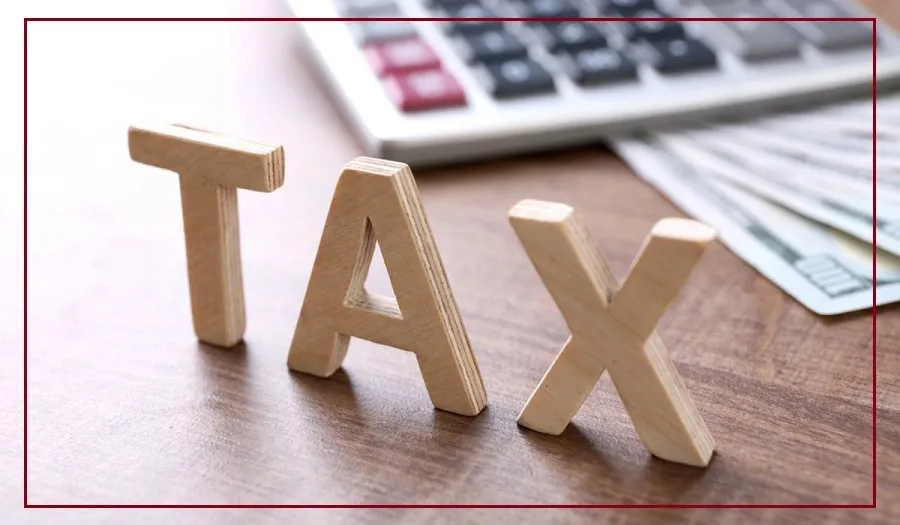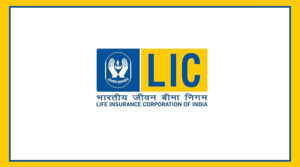Are you tired of seeing a chunk of your salary disappear every month due to TDS deductions? TDS, short for Tax Deduction at Source, is a deduction made directly from your income, whether it’s your salary or the interest earned on your Fixed Deposits (FDs).
Fortunately, there are ways to minimize or even avoid TDS deductions and maximize your tax savings.
When Does TDS Apply?
TDS is typically applicable in specific situations:
- Interest on Fixed Deposits: If the interest earned on your FDs in a financial year exceeds Rs 40,000, TDS will be deducted. For senior citizens, this threshold is higher at Rs 50,000.
- Corporate Bonds: TDS applies to interest income exceeding Rs 5,000 in the case of corporate bonds.
Surprisingly, there are instances when TDS is deducted even when your income doesn’t cross these limits.
In such cases, taxpayers can reclaim the deducted amount by submitting Form 15G or 15H, which facilitates a refund.
Understanding Form 15G
Form 15G is designed for individuals below 60 years of age and Hindu Undivided Families (HUFs) who have invested in Fixed Deposits.
Filling out Form 15G helps you avoid TDS on your interest income. This form is governed by Section 197A of the Income Tax Act, 1961.
By submitting it, you inform the bank about your annual income, essentially requesting them not to deduct TDS from your interest earnings.
Exploring Form 15H
For those aged 60 and above—senior citizens, Form 15H is the go-to document to prevent TDS on Fixed Deposit interest.
Once you submit Form 15H, you can receive your deposited funds and interest without any tax deductions.
If you consistently submit Form 15G each year, you can enjoy uninterrupted interest income without the hassle of TDS.
Incorporating these tax-saving strategies into your financial planning can significantly reduce the impact of TDS deductions and contribute to a healthier financial future.
Remember to consult a tax professional for personalized guidance on your specific tax-saving needs.

























